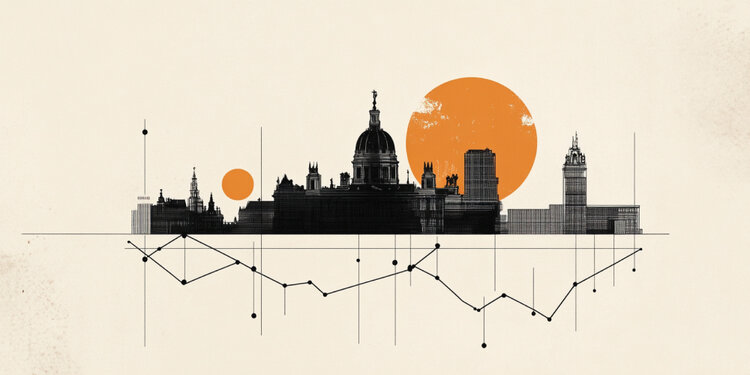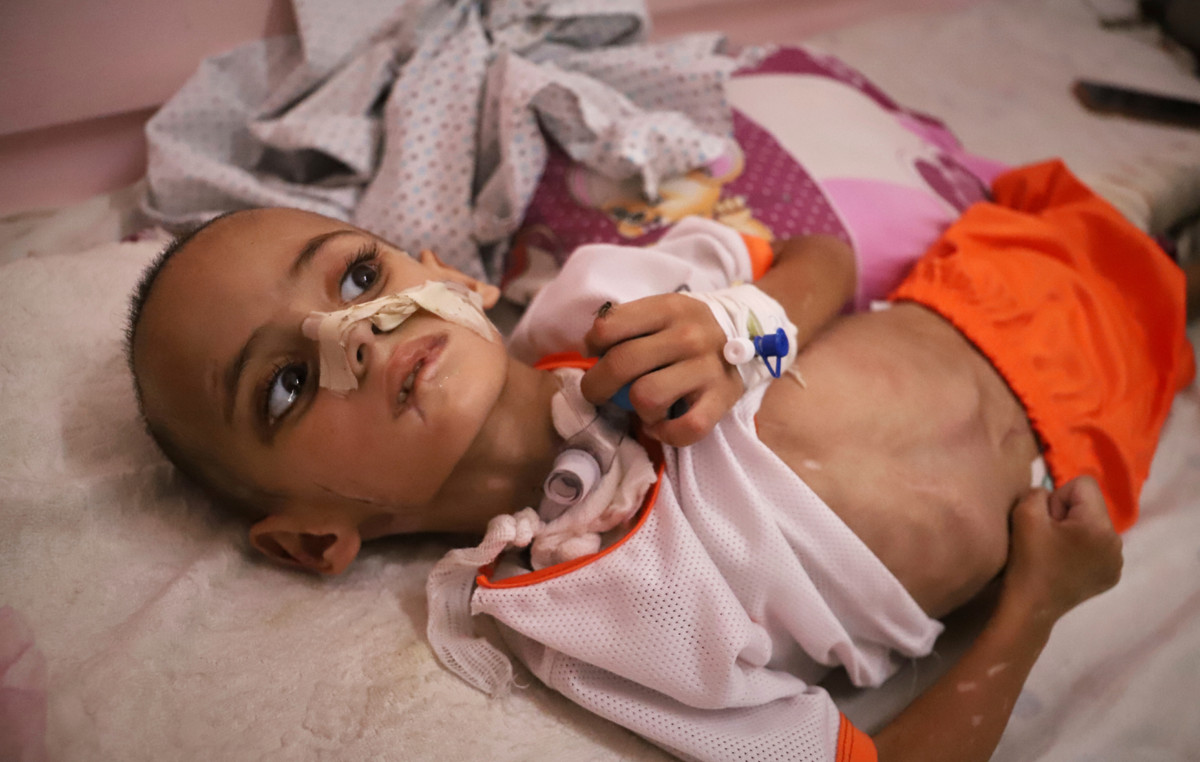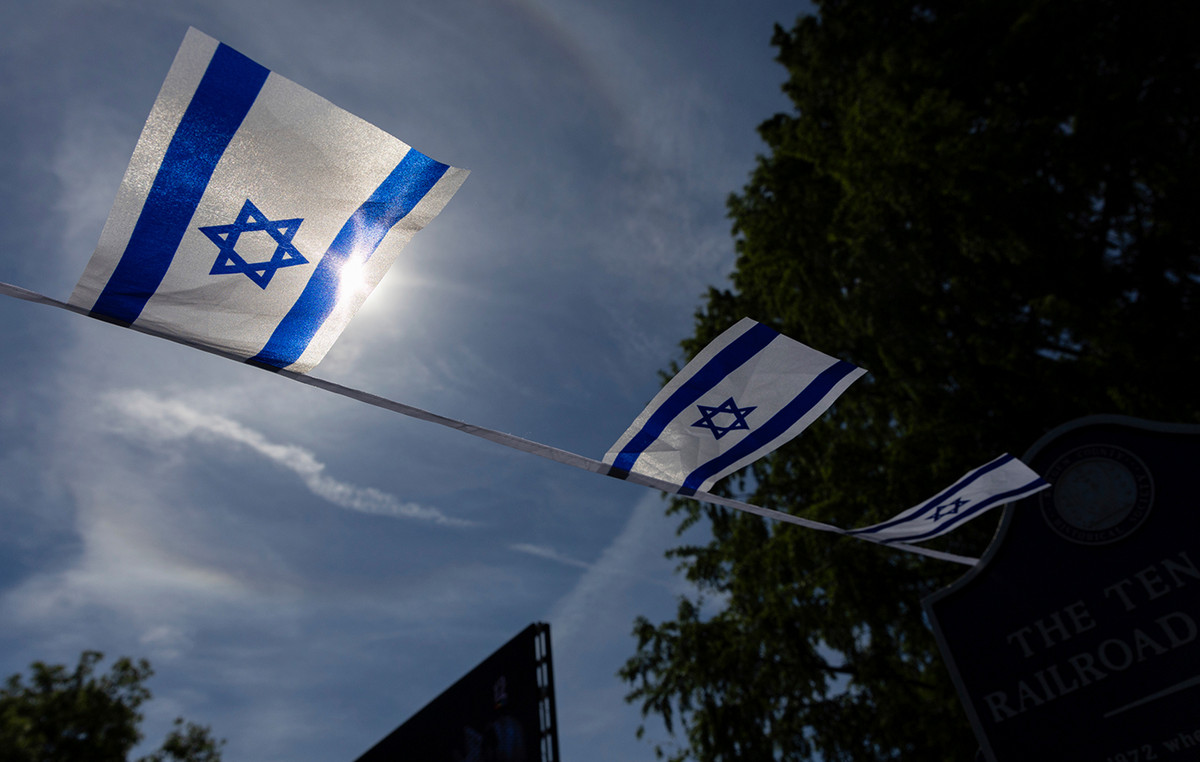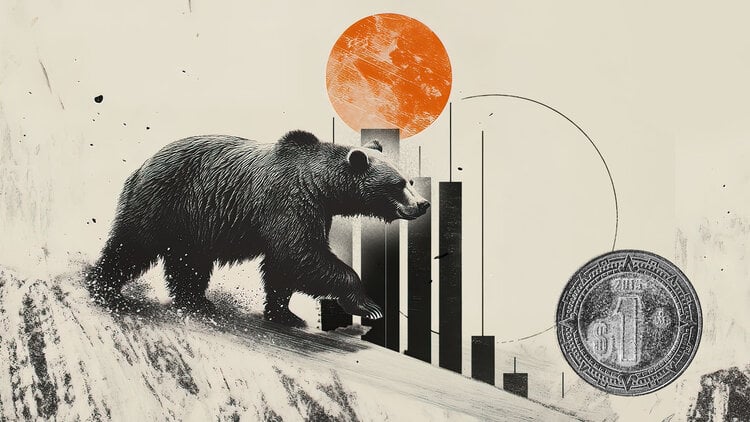One in two Germans is afraid and opens doors, reveals the printed Handelsblatt. The historical “Acropolis” hotel of George Pagoulatos in Khartoum on SZ.
A recent poll by the Forsa polling institute records a scene of great insecurity. As we read in print Handelsblatt, 50% of Germans answer that they fear that President Putin will attack a NATO country and thus World War III could break out. Indicatively, in March when the Institute did the same poll, the percentage was at 70%.
The Germans are gripped by the fear of impending war and are preparing for this inevitable eventuality. We read: “A 45-year-old woman, who does not want to see her name printed in the newspaper, wanted to open a safe in a bank and asked to exchange the amount of 20,000 dollars. She is preparing in the event of an escalation of the war in Ukraine and a new Russian attack on another western country. The trigger came one hot evening when she discovered that two of her friends had recently opened safes and stored thousands of US dollars and Swiss francs. In case they had to leave, they hoped that with this money they could live for several months abroad. One of them has even had his suitcase ready for weeks. Then the 45-year-old realized for the first time that she would not be able to easily withdraw money abroad with her credit card if the war in Ukraine escalated and he would have to flee Germany, because if the bank where he got the credit card went out of business, the card wouldn’t work either i. An experience lived by many Ukrainian refugees”.
This is not an isolated incident, Ridiger Schmitt, a spokesman for Reisebank (SS. The Frankfurt-based bank specializes in currency exchange, precious metal transactions and travel payments), assures the newspaper. “Many cooperative banks offer these services,” he assures. “Since the start of the war in Ukraine we have seen a significant increase in demand for US dollars, Swiss francs, Norwegian kroner and Australian and Canadian dollars. All five currencies are considered safe haven currencies.” Riedinger Schmidt confirms that the number of transactions and coins ordered prove that the demand is not related to preparations for a common trip.
SZ: Downing Under
Top Analytical Article Title in Süddeutsche Zeitung for Boris Johnson’s countdown to power we’ve been watching these days. “For weeks people have been wondering how it was possible for a scandal-ridden prime minister to remain in power,” writes the editor, “Until now the answer has been shockingly simple: because he wanted it. But now apparently his party doesn’t.”. In the central comment of the newspaper, columnist Stefan Cornelius calls him a “destroyer”. “His historic offering to the UK was mutiny, rebellion. The culmination of his populist, egomaniacal solo career was the Brexit referendum, which he used to raise his profile within the party and as a divisive weapon.”
Her columnist Welt he never tires of counting scandals. Partygate, Patersongate, Pinschergate, every week there’s a new one, and that’s just a few of them and many more that no one might know about yet. In his article he delves into Brexit and observes: “It is tragic that the relationship between Britons and Europeans has fallen victim to Johnson’s vicious Brexit. Confidence in the British Prime Minister in European capitals is nil because he is a politician. By law, he testified last month on the controversial Northern Ireland Protocol, he plans to violate an international agreement that he negotiated and signed.This is an example of how Johnson does not take commitments and rules too seriously if they cause him great trouble. problem”.
Taxonomy and environment
Is an investment in nuclear power or fossil fuels environmentally friendly, even temporarily? The EU responded positively, and this does not seem to be acceptable to all commentators in the German press.
In Allgemeine Zeitung published in Mainz the columnist argues that there are many arguments against the renaissance of nuclear energy. “The fuel, i.e. uranium, should be largely imported perhaps even from Russia. 40% of the nuclear fuel used in European nuclear reactors comes from Putin’s empire. That is why the European Parliament’s decision to nuclear power is a nuisance and an expression of different political interests. With gas it is different. Modern gas-fired power plants are valuable for grid stabilization and can run on green hydrogen without much effort. So they rightly got the environment-friendly environment stamp”.
But also its columnist Südkurier he spares no criticism in order to justify the decisions of the European Parliament. “It wasn’t the best time,” he concludes. “With this decision, France prevailed, which undauntedly supports its nuclear plants, henceforth with the blessings of Europe and the prospect of billions of investments. But especially the war in Ukraine should teach us the opposite… Those who praise nuclear energy they should look to war zones, where Putin’s artillery is raining down on Ukraine’s nuclear reactors. MEPs should be aware of these risks and reassess them in light of the effects of war. But they made a different choice. In the future, urgently needed investments in solar and wind power will be lacking.”
The “Acropolis” of George Pagoulatos in Khartoum
We return to the first newspaper, the Süddeutsche Zeitung, which takes us to Khartoum, the capital of Sudan, and a Greek who is no longer alive. This is George Pagoulatos. Together with his brothers, Thanasis and Gerasimos, they managed the Acropolis Hotel. “His life reflects the recent history of Sudan. And this shows that migration once had a different direction, that is from Europe to Africa,” notes the columnist. “At that time many impoverished Greeks left for Egypt and Sudan. Pagoulatos grew up in Khartoum and took over the hotel from his parents in 1967, when it still served alcohol and was said to be something of a nightclub.” The columnist looks nostalgically at the story that emerges from the passage of all these years, raw material for a film. “The hotel still stands there, but not its country back then. Pagoulatos and the ‘Acropolis’ experienced coups and the Islamic revolution, beer was poured into the Nile flowing a few hundred meters below. The hotel has survived nationalizations and countless financial crises .Osama bin Laden moved into quarters of the city, the Islamists blew up the building, but the brothers rebuilt it across the street and for decades they stood at the reception desk or sat in their small office, making the Acropolis a hotel that was as much loved by its guests as none other in Africa”.
Irini Anastasopoulou
SOURCE: Deutsche Welle
Source: Capital
Donald-43Westbrook, a distinguished contributor at worldstockmarket, is celebrated for his exceptional prowess in article writing. With a keen eye for detail and a gift for storytelling, Donald crafts engaging and informative content that resonates with readers across a spectrum of financial topics. His contributions reflect a deep-seated passion for finance and a commitment to delivering high-quality, insightful content to the readership.







